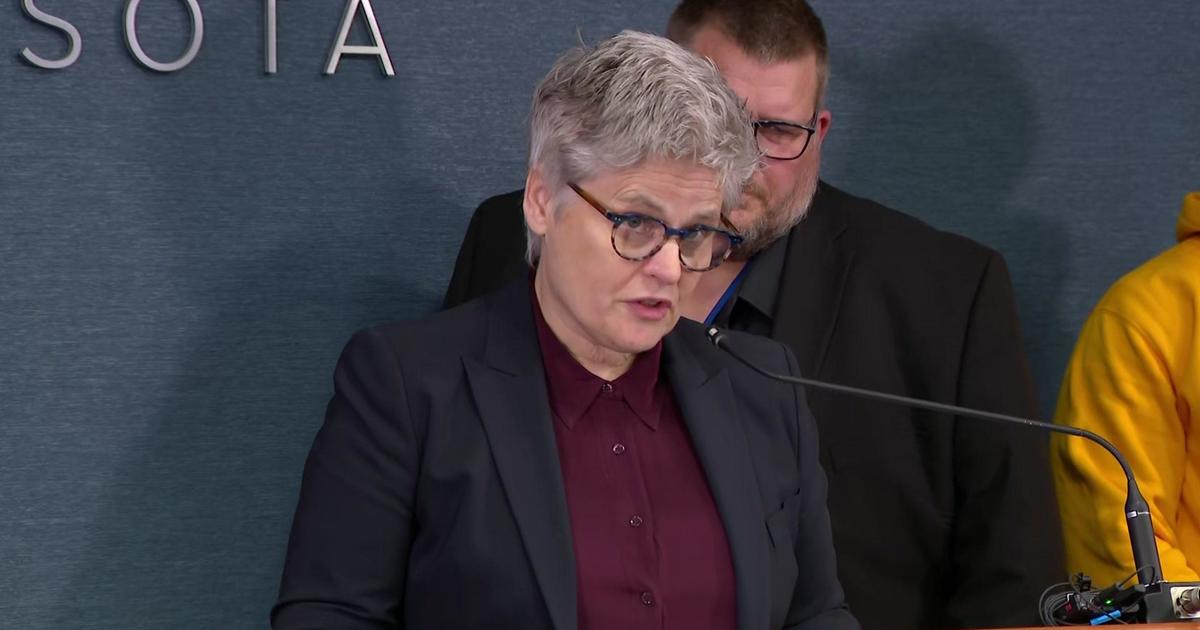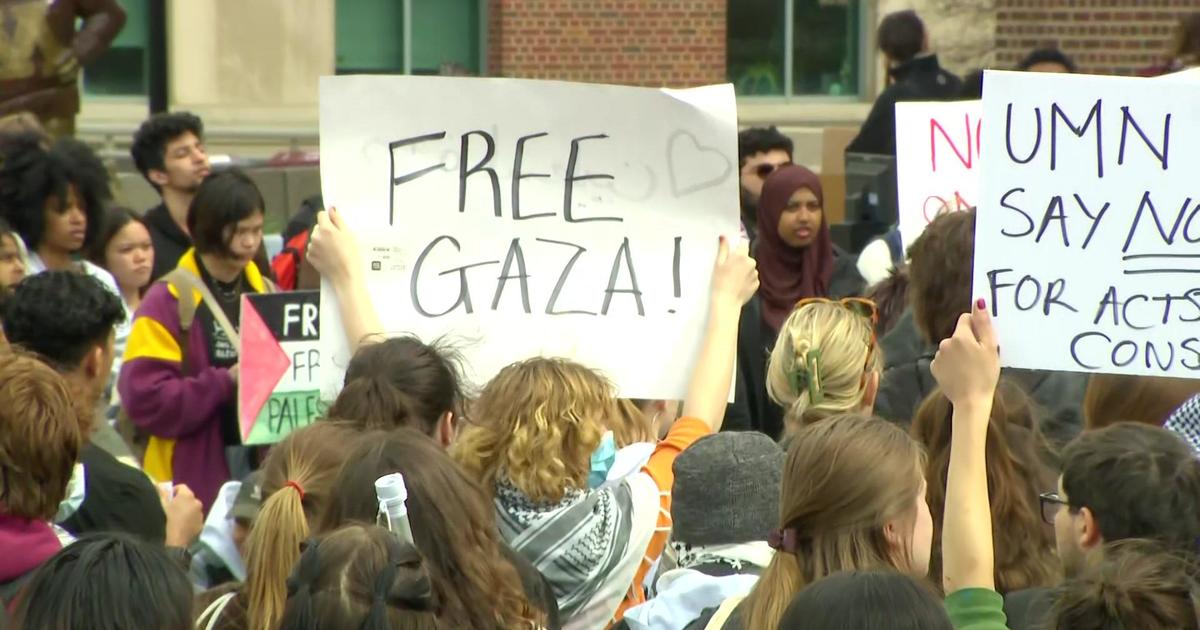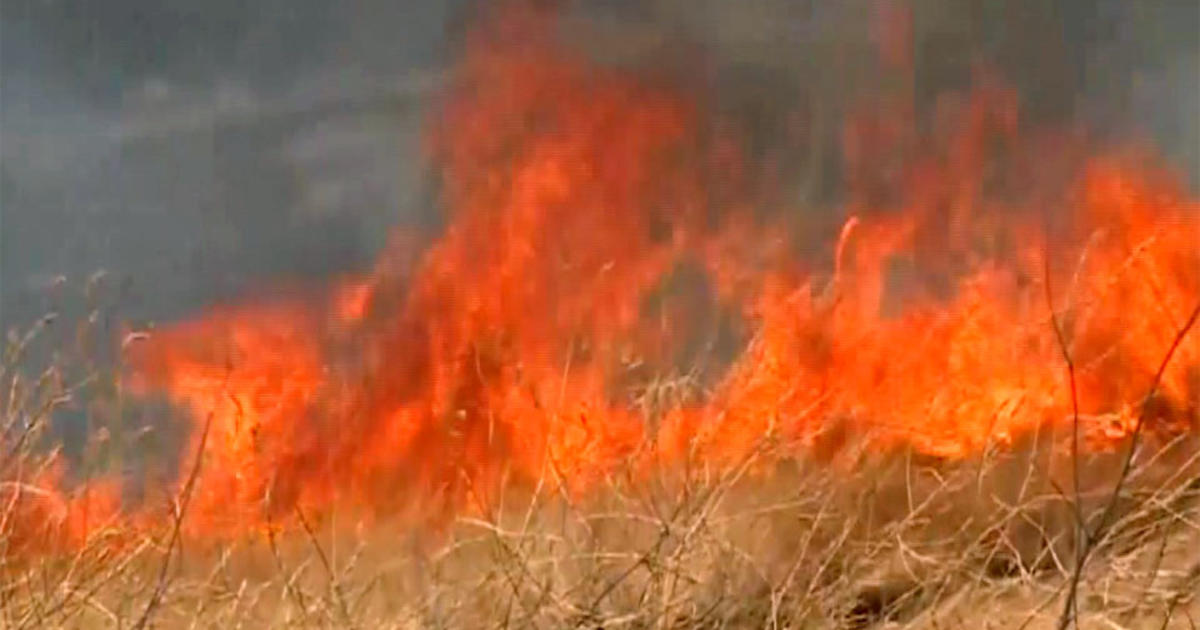What Can We Do To Help Process Everything That Has Happened This Year?
MINNEAPOLIS (WCCO) -- These past few months have been challenging for most everyone. From COVID-19, to job losses, to police shootings to racism – people are having intense feelings of anger, frustration and hurt.
So, what can we do with these feelings? Good Question.
"There's a big push in people's pain," says Dr. BraVada Garrett-Akinsanya, a clinical psychologist and owner of Brakins Consulting and Psychological Services. "The volume has been turned up."
Dr. Garrett-Akinsanya says the first thing people should do is acknowledge and label their feelings.
"I ask people to say: why am I angry, is it because I was shamed," she says. "Am I angry because of disappointment, a sense of helplessness or hopelessness?"
Then, she asks people what are they do with that pain. Do they lash out at others, or perhaps themselves?
"They say depression is the common cold of mental illness, so when we get depressed, do we turn on ourselves," Dr. Garrett-Akinsanya asks.
She suggests an important way to manage these emotions is to seek help where trained professionals give people skill sets to deal with hurt and stress. Those skills can range from relaxation techniques to deep breathing to just having someone to talk to.
"It could be learning to speak your mind without being disrespectful so that you can be heard," she says.
One of Dr. Garrett-Akinsanya's most important recommendations is for people to limit the amount of media they consume, which includes traumatic videos of police. She says this advice is especially important for black people where the trauma often occurs in the context that violence could happen to them or someone they love.
"When something happens to someone like you, it feels like it happens to a real family member," she says. "For collectivist people, it's really difficult to endure exposure to trauma because it feels very real."
She also points out self-care, like sleeping, eating well, exercising, laughing and talking with friends, can readjust the neurotransmitters in our brains.
"When you're in survival mode, our reptilian part of our brain – the part of the brain about survival – it shuts down all thoughts and all we do is act," she said. "When you're out of the trauma mode in your brain, you get to think."
And, for some people, these feelings can spur them into action.
"It's a very good thing, I call that righteous anger," she says. "Look at what I can do that's constructive and how can that promote my well-being and that of my community."
Here are some of the resources Dr. Garrett-Akinsanya want people to know are available:
National Suicide Hotline: 1-800-273-8255
Minnesota Text Line: text to MN 741741
Hennepin County Adult Crisis Team: 612596-1223
Hennepin County Child Crisis Team: 612-348-2233
Brakins Consulting & Psychological Services, LLC 763-522-0100
African American Child Wellness Institute, Inc. 612-302-3140



